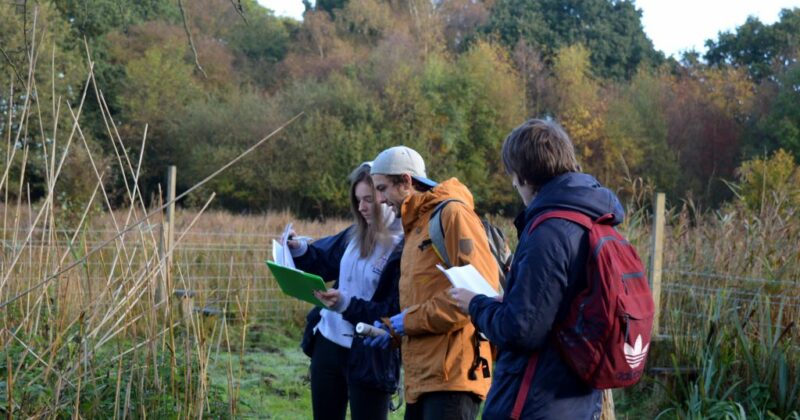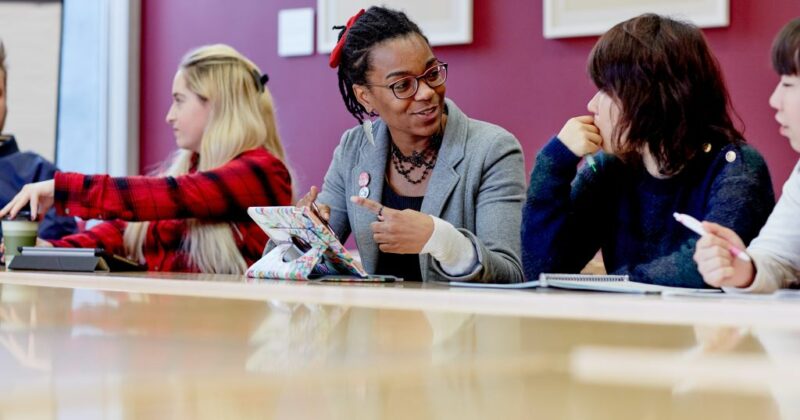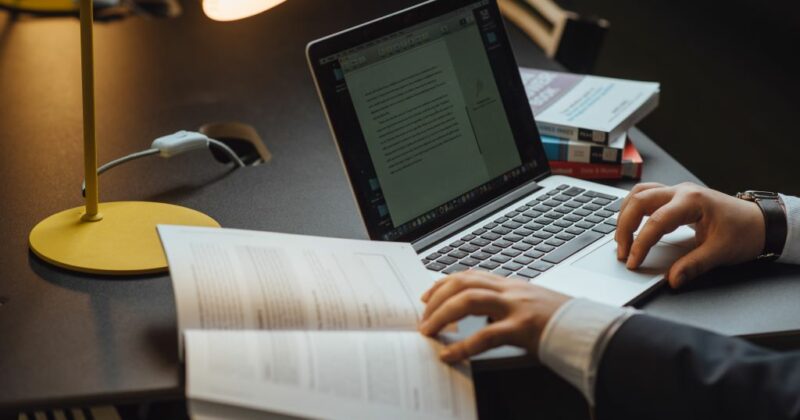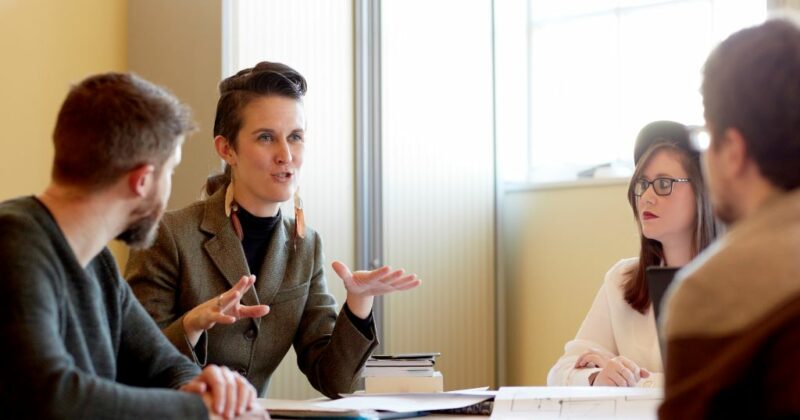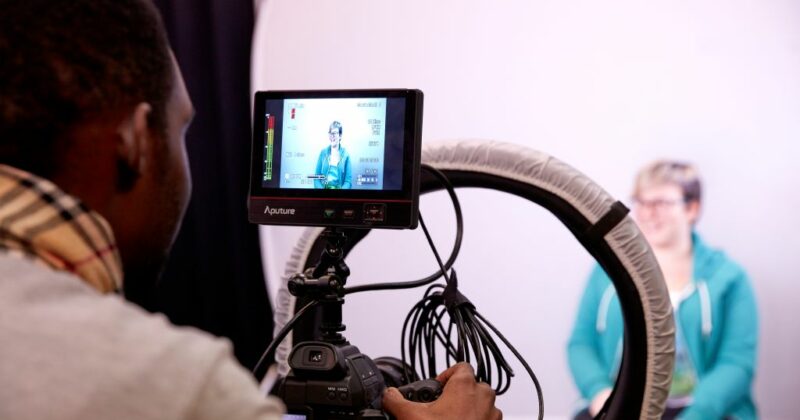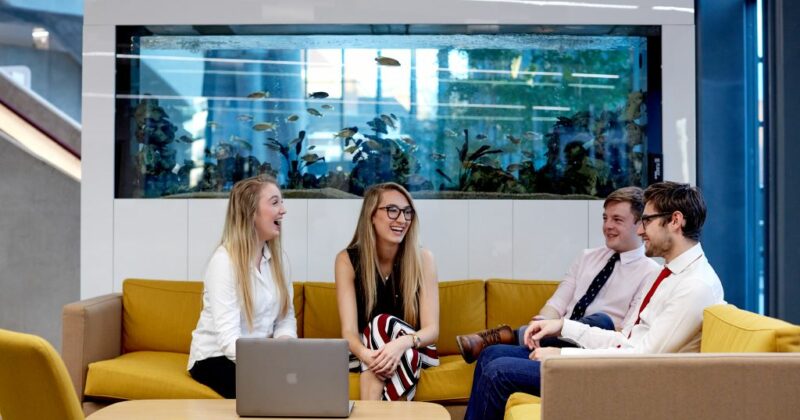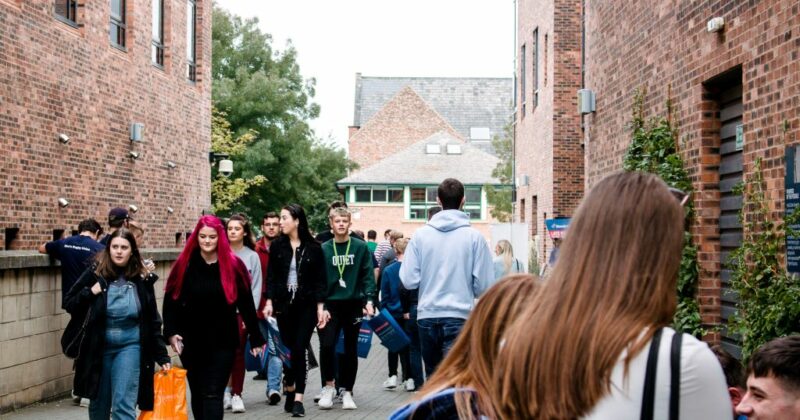
Practice-Based Research in the Humanities
Session facilitator: Dr Robert Edgar
This session is intended to present theories associated with practice-based research (PBR) in the Humanities, with a focus on literature and creative writers. The aim of this session is for Practice Based Researchers to further contextualise their practice. This includes some notes on reflection, autoethnography and reflective practice. This session would be useful for students undertaking PBR, staff supervising PBR and for PBR supervisors who are building resources for UKCGE applications.
Learning Outcomes
To develop an understanding of theories of practice based research
To connect existing modes creative practice to practice-based research methodologies
To understand the function of reflection and iteration as a core methodological approach
This session will take place in QS/111 (Quad South lecture theatre). To book your place via Eventbrite, please click here....

